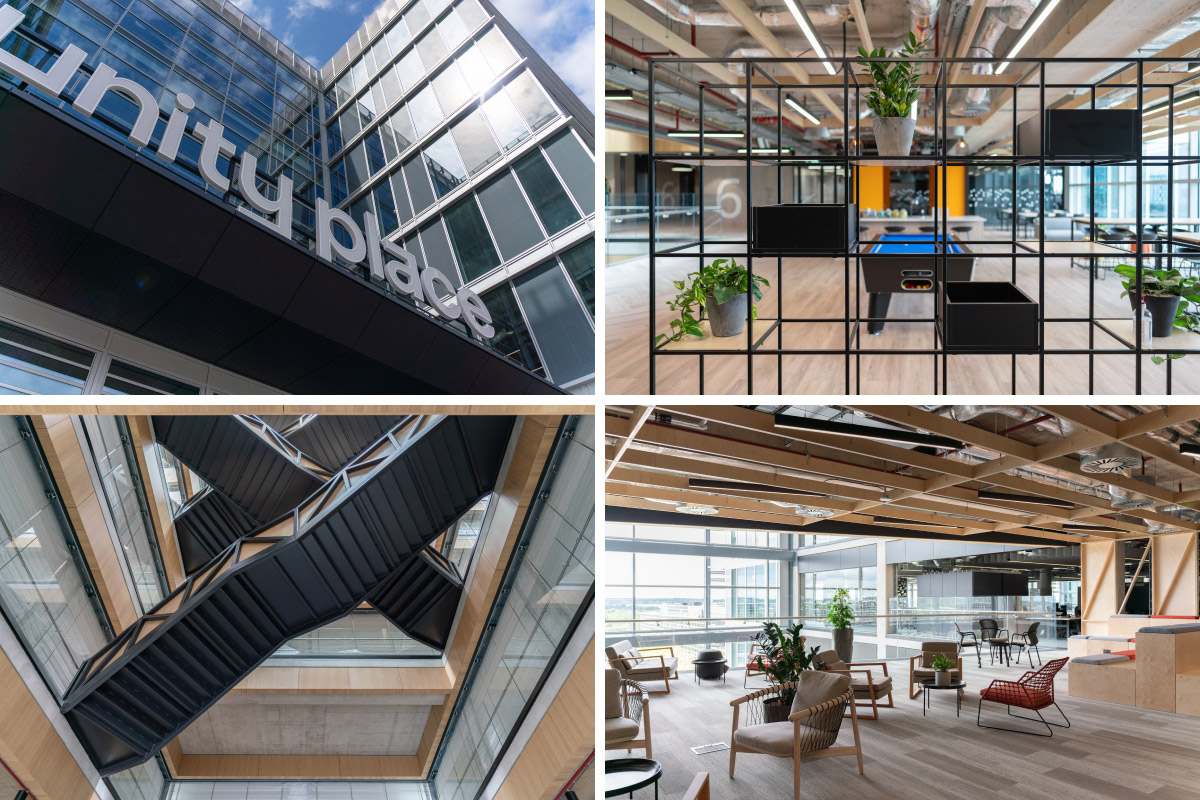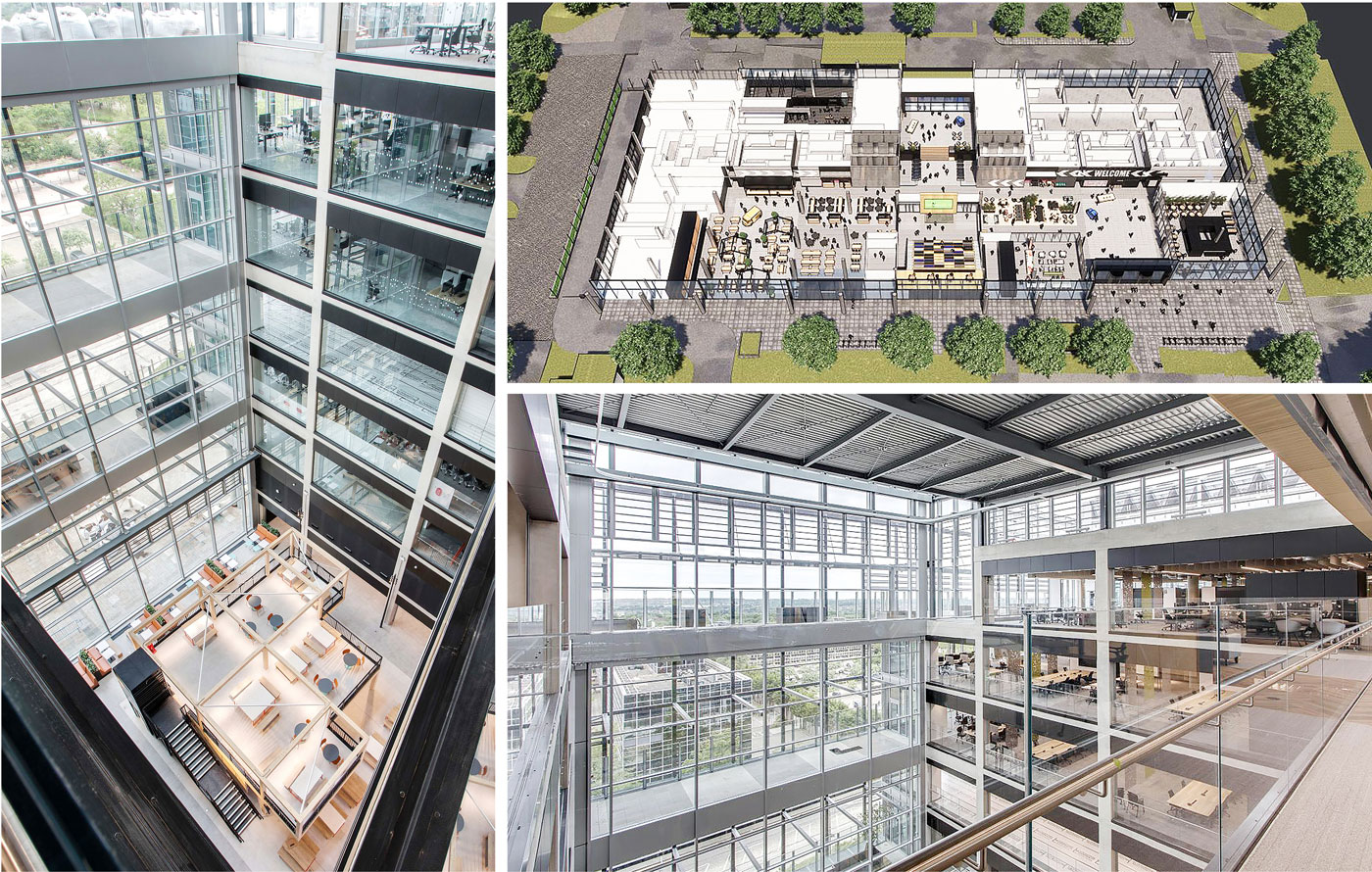Summer 2023
Opening office space to co-workers will breathe new life into buildings
After 20 years and £1.2 billion spent on its Canary Wharf headquarters, HSBC is abandoning its plate glass monolith, prompting many to pronounce: the office is dead. But the bank is merely moving, just to a slightly smaller building. Indeed, the City, four miles to the west and its new home, might offer a clue as to the future.
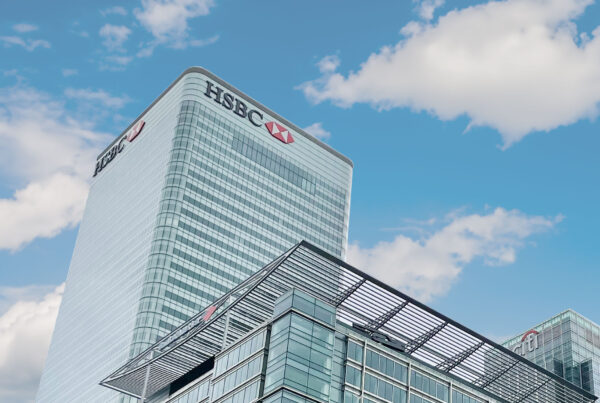
Last week I faced the perennial freelancer problem: where to work when you have two hours between meetings? My first was at the British Council for Offices (yes, they really do have a trade body) and my second was at the Kennel Club. Such is the slightly strange world of writing for The Times business pages and The Field magazine.
As I did not have a cockapoo in tow, I thought the Kennel Club might resent me turning up two hours early. Where to go? I asked the office bods if there was an alternative to Pret and fighting over the one spare socket for my laptop.
Despina Katsikakis, senior vice-president of the organisation, said I should take advantage of the increasing number of offices that have softened the boundaries between private and public spaces. No longer are the skyscrapers of London or New York exclusively for the use of the tenants: they want to be part of the community.
Really? Yes really, she said. I should check out 22 Bishopsgate, Britain’s biggest office block at 1.25m sq ft and 61 storeys high. Opened during lockdown, it is a vast, glass slab of a building, a brute of a skyscraper that has ruined the coherent cluster of idiosyncratic towers in the heart of the Square Mile: the Cheesegrater, the Gherkin, Tower 42.
Axa Investment Management, which owns the building, says in typical landlord guff on its website: “We designed 22 Bishopsgate, Europe’s first vertical village, to put people first… it creates a welcoming environment for tenants, staff and the public.”
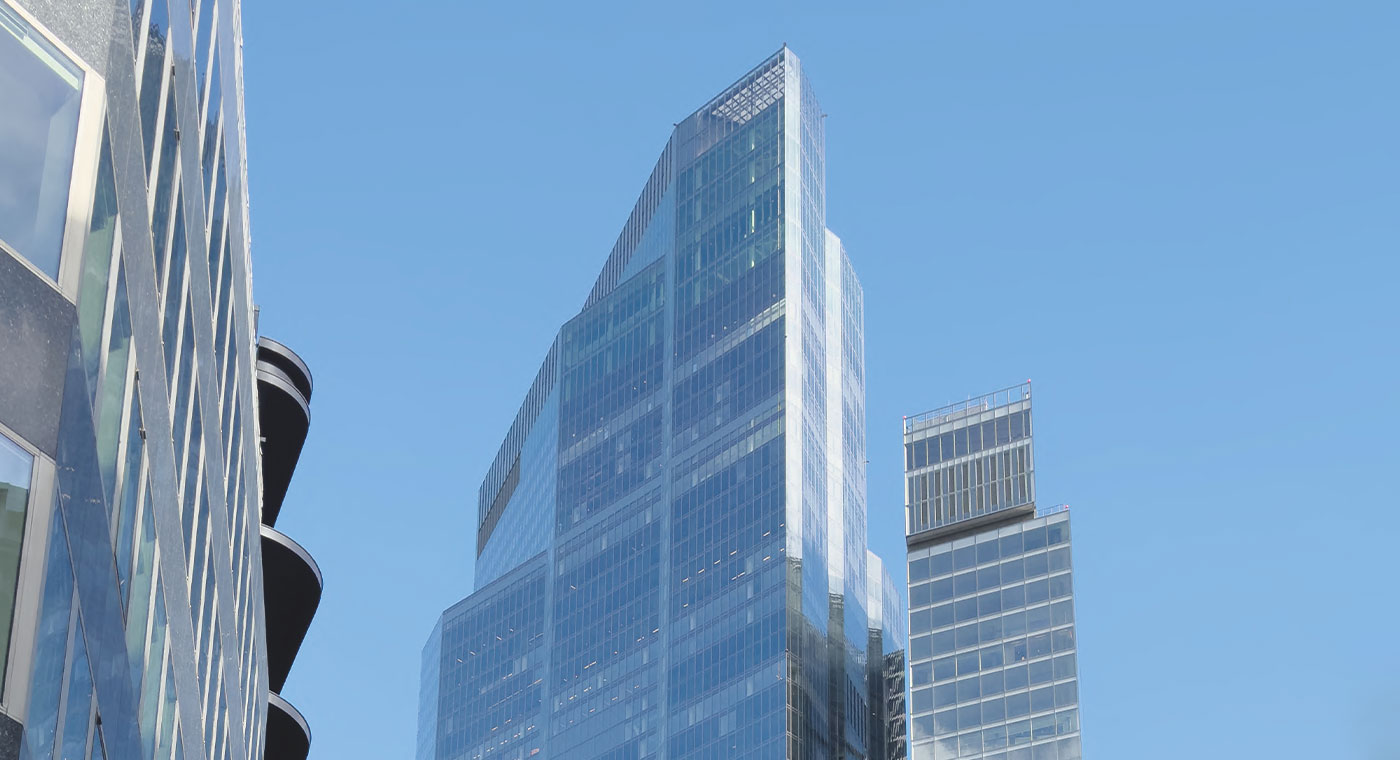
Katsikakis mentioned the Market on the second level that I should check out. So I did. Sure enough, none of the lobby team, wearing “purposefully designed and eco-conscious uniforms” (that’s a T-shirt, in case you are wondering) stopped me sauntering in and making my way up to the space, which is before you reach any barriers. Here, there was an extended café area, lots of desks with charging points and great views of the Bank of England. I spent a couple of hours writing a feature in air-conditioned peace.
Was this really London’s nicest, and free, co-working space? I tweeted my joy at the discovery and it soon went viral, seen by half a million people. “This is AWESOME London intel,” one person said.
Only the next day, when I rang 22 Bishopsgate to find out more, I discovered that its Market is not open to the public. Whoops. “We’re not upset,” Phillip Shalless, at Axa, said. “We’re glad that you enjoyed your experience.” But enough to consider opening up the space to the public? Err, no. They are missing a trick. So-called Pops, or privately-owned public spaces, are a long-established practice in the United States. Invariably stipulated as part of planning consent, office blocks in New York or San Francisco have to construct plazas or gardens open to the community. Crucially, they are clearly signed and transparently documented.
London skyscrapers sometimes, as part of their planning permission, are forced to open their roof terraces: 22 Bishopsgate’s is opening soon. The most famous example is the top of the Walkie Talkie, or 20 Fenchurch St, but to visit its Sky Garden you need to book and at present there is no availability for three weeks. Most members of the public will never stumble across these treats.
They also miss the point. If we are to find meaning in the office once again these buildings need to genuinely integrate themselves in the community beyond offering a pretty panorama.
Two examples may show the way forward. One, oddly, is Ikea, or rather its parent company Ingka, which also operates shopping centres around the world. Here they are experimenting with public work spaces so that people “can come together to live, to work, to play”. It’s all very Swedish.
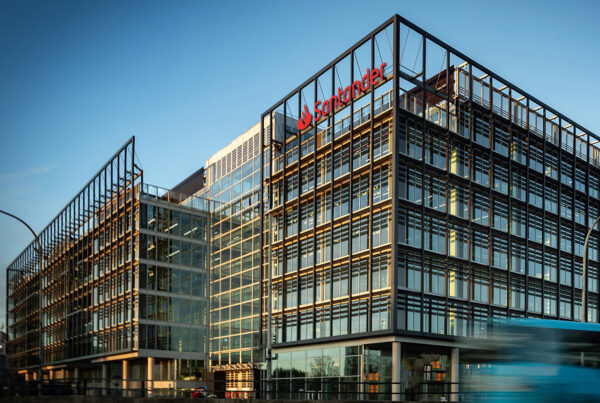
The other is Santander, which is moving into a swanky new headquarters, Unity Place, in Milton Keynes in a few months. The entire ground floor will be open to the public, with the usual restaurants and bars, but also something it calls a “work café”, where you can book a desk (free), which comes with charging points and no obligation to actually buy a coffee. There are meeting rooms too that you can hire, again free of charge.
The idea is that Milton Keynes’s freelancers and students have somewhere to work that does not fleece them in fees or over-priced hot drinks. There are plenty of people who will say that taxpayers should be the ones offering these communal spaces, but considering the rate at which local councils are shutting or restricting the opening hours at public libraries that seems idealistic at best. And Santander gets something out of it too, creating an office with a buzz. As TJ Richards, the future of work programme lead at the bank, said: “It makes sense that we aren’t walling ourselves off and instead working to bring people together.”
Of course, I would like a decent rate on my savings too, Santander, not just a free meeting room, but I think we should celebrate a company that wants to build spaces for the public. Big corporations have spent too long constructing huge headquarters to cement their status. In an age where the public increasingly distrust UK plc, now is the time for companies to open their doors and let us in, even if it is only to the ground floor. Make the office part of the community and people might want to return to the office.
Note: this article was initially published in The Times by Harry Wallop
Any further questions?
If you have any further questions about Nick or this article, please contact us.
Get in touch

